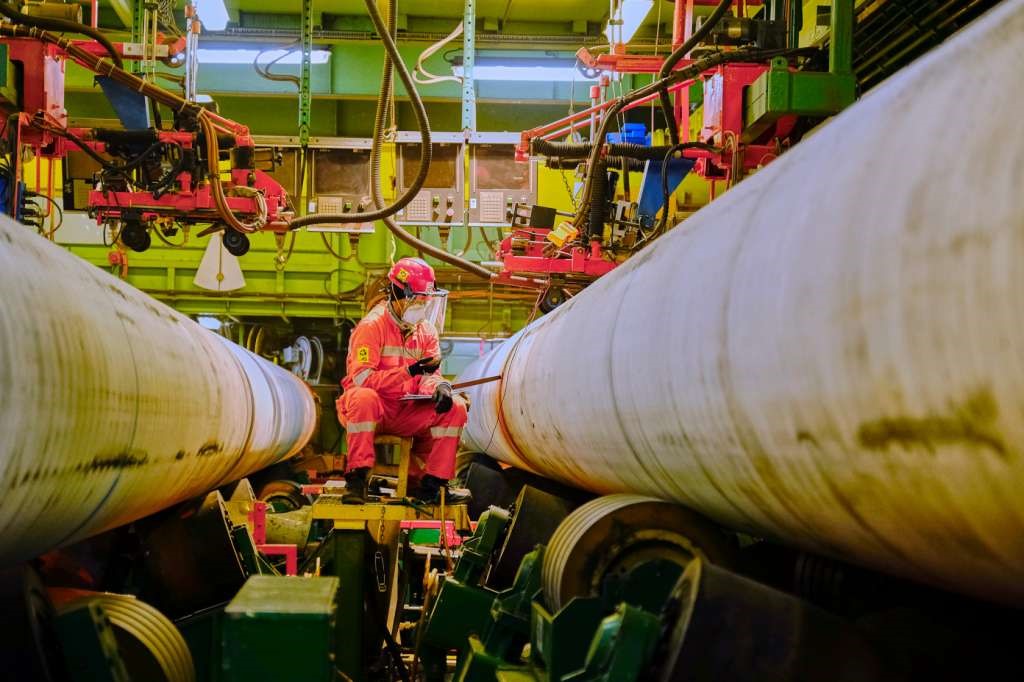Can many economies avade the recession?
There is rising optimism in Europe and the US that many economies can evade the recession that was looking a near-certainty last year as the energy crisis escalated.

The EU is predicted to avoid recession as a result of a milder-than-expected energy shock
>> Is the "pain” in the US economy sufficient to bring inflation back to target?
Now, with European gas prices a fraction of what they were at the peak last August, gas stocks sitting pretty and power cuts avoided, there’s hope that the downturns will not be substantial in the region. And, if that’s the case, it could bode well for the global economy and so push back against the pessimism that’s been in abundant supply for some time now. But this is jumping the gun.
With Ukraine and Russia seemingly fighting themselves to a standstill and European gas prices currently close to an eighth of what they were last August, it seems that the market has almost forgotten about the conflict in Ukraine as a driver of both growth and inflation trends, and asset prices. Fears of power shutdowns in Europe have passed thanks, in large part to the relatively mild winter, inflation concerns have moved on from energy to service prices and asset prices seem focussed on other things such as Fed policy and the looming debt ceiling battle in Congress.
But while it may well be the case that the military conflict and its immediate implications will continue to be passed over by the markets, there is a broadening to this conflict that could yet have significant ramifications. What we mean by this is that the military conflict between Ukraine and Russia has morphed into a more strategic “conflict”, primarily between the US and China. This also related to the US’s hegemonic role, particularly as it relates to financial matters and as driven by the dominant position of the dollar.
The new Chinese foreign minister Qin Gang did not hold back when he suggested this week that an “invisible hand” is using the conflict in Ukraine to drive its own geopolitical agenda. He also said that China will advance its relations with Russia and implied that the US should not use the dominance of its currency for bullying or coercion, such as that dictated by sanctions. The comments might have stirred concerns that China, like Russia, will seek to reduce the US’s financial hegemony by scaling down dollar transactions, starting with the USD867bn of treasuries that China owns. This may be a bit alarmist but there’s no doubt that that the hard military yards being fought on the Ukrainian battlefield could be supplanted in the market’s mind by the hard yards in international finance as China slowly tries to displace the US as the dominant global financial force.
>> Concerns about U.S economic recession
The danger here is that if companies feel pressure to take sides in this dispute it could significantly curtail investment flows in and out of both countries and harm the global economy as a result. In effect, the relatively contained military conflict between Ukraine and Russia becomes a more global problem as the US and China implicitly, or even explicitly, force their own companies, and even other countries, to take sides, not in just in terms of the Ukraine/Russia war but the US/China dispute.
In effect, some of this is going on already, perhaps particularly from the US (and European) side, compounded by the effects of the pandemic and firms’ “natural” desire to improve the security of their inputs. This already threatens to keep inflation elevated as things like re-shoring are likely to be expensive. It might also mean that the expected rebound in the Chinese economy has a far smaller stimulative effect on the global economy than it might have had some years ago.
And should relations really sour significantly, there is clearly a risk that those investors breathing a sigh of relief that the Ukraine/Russia conflict has not been more disruptive will soon find that the really damaging confrontation is between the US and China. This is just one of the reasons why we’re sceptical about getting too carried away with some of the optimism that we’ve seen recently, particularly in Europe.








